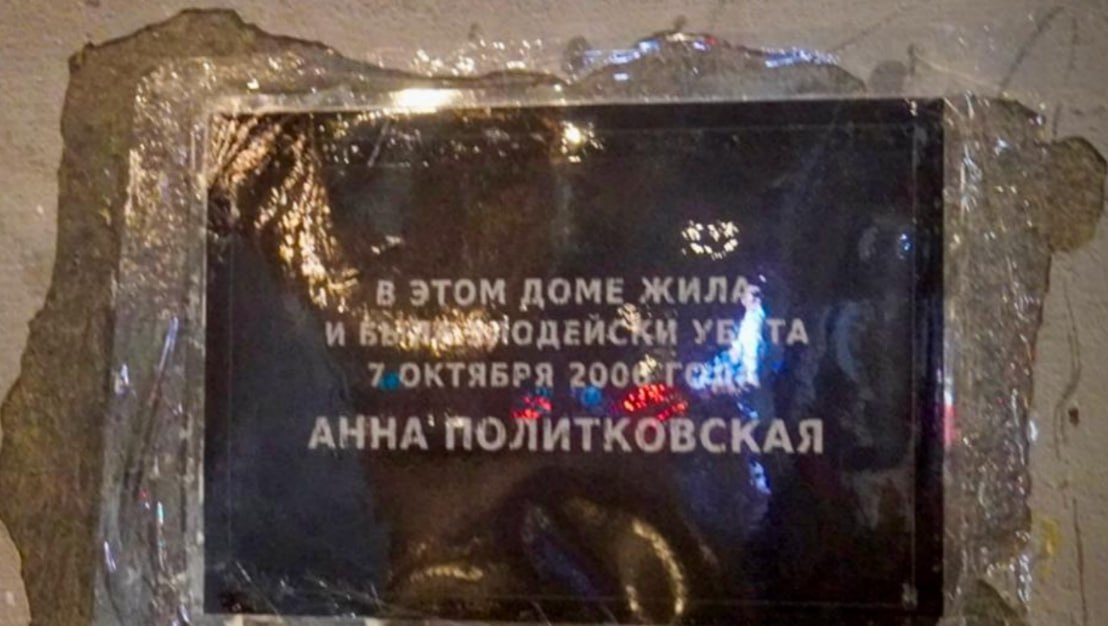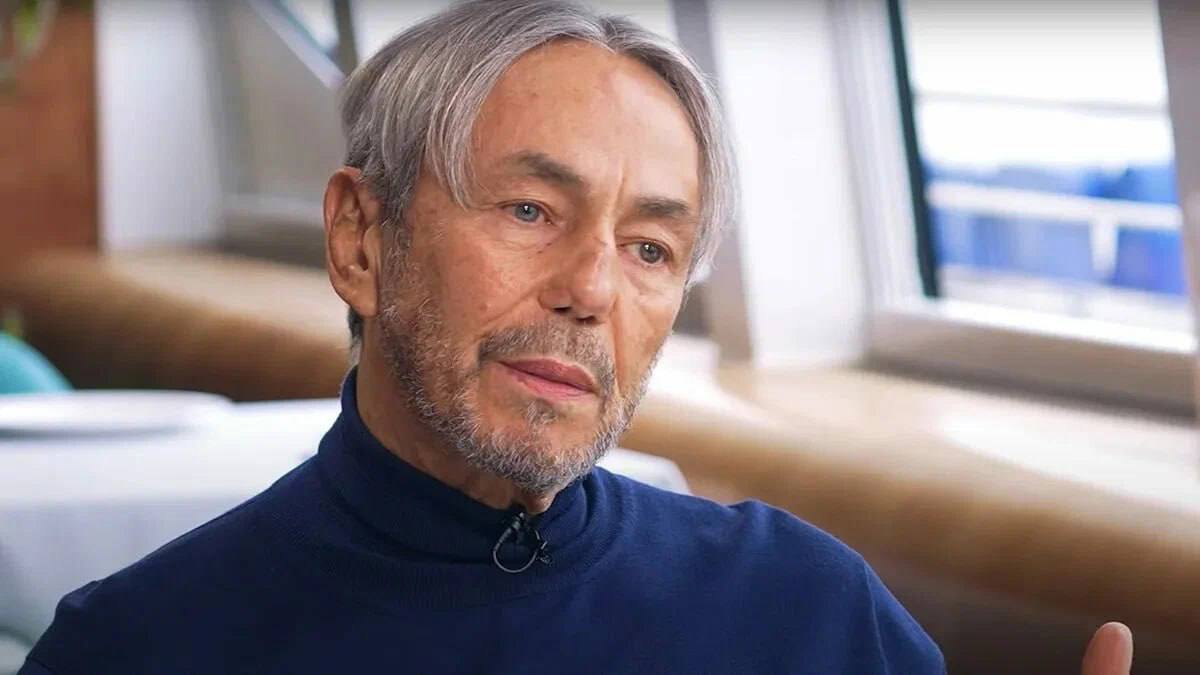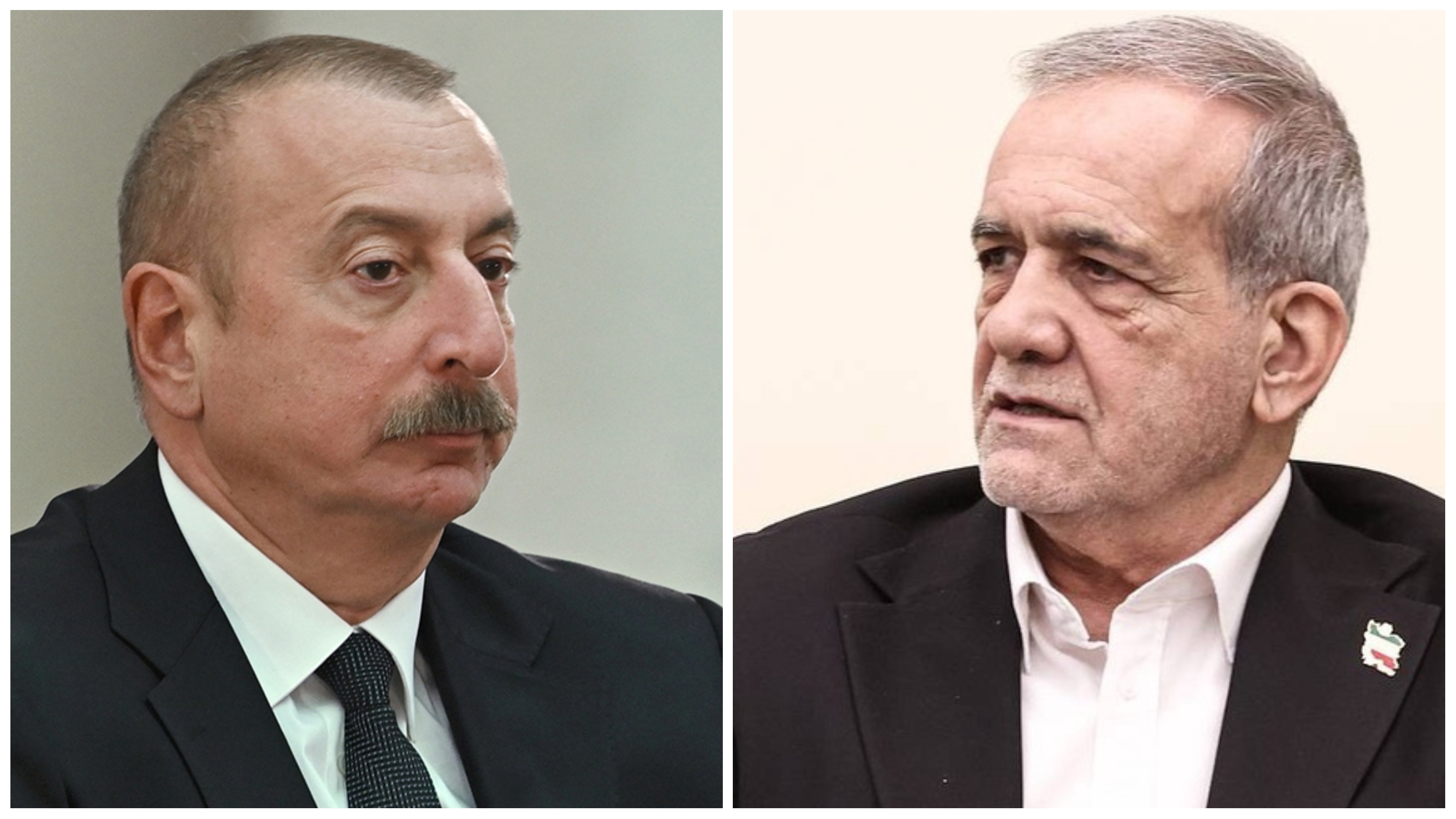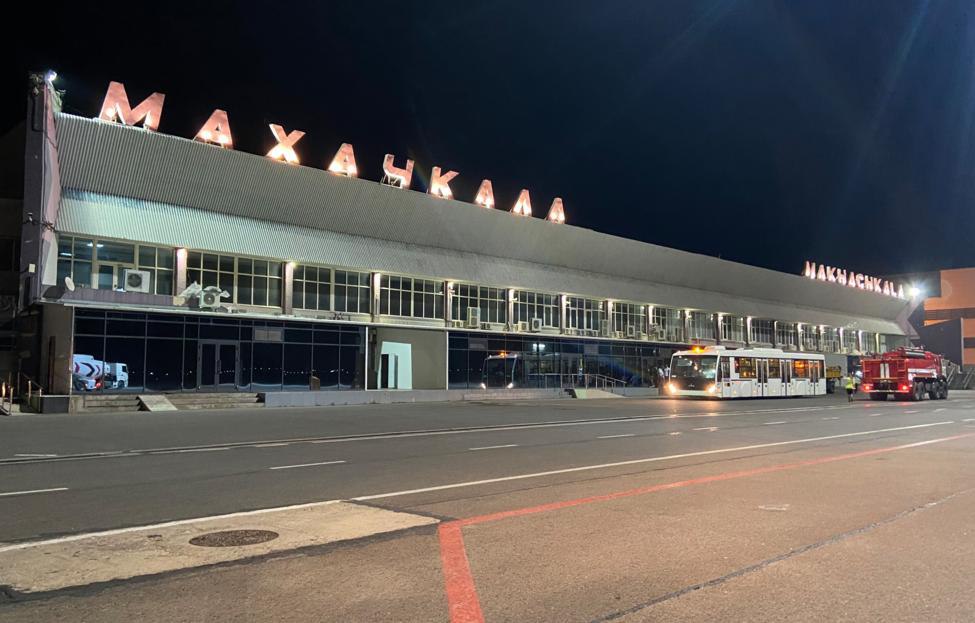A new memorial plaque has been installed on the building where Novaya Gazeta journalist Anna Politkovskaya lived and was murdered. This follows more than twenty previous instances of the plaque being destroyed by unknown assailants. Activists intend to continue their work until it is permanently preserved.
On January 28, in an interview with the French television channel LCI, Polish Prime Minister Mateusz Morawiecki said that Chechnya could gain independence.
“For some parts of Russia it is a prison of nations, and yes, these parts could gain independence,” he said, and in response to a journalist’s request to give an example, he named Chechnya: “They [the Chechens] fought bravely for this for centuries.” Morawiecki also added that "there has been a lot of destruction and a lot of war crimes there for several decades, so yes, I think they deserve independence."
The words of the Polish prime minister unexpectedly offended the head of Chechnya, Ramzan Kadyrov, who on the same day released a video on his Telegram channel in which, in addition to insults against Mateusz Morawiecki, he addressed European leaders with the question: “Where were you when we fought for Ichkeria “When we defended the interests of independence, why did European states, including Ukraine, not support us, and today you suddenly decided to support a non-existent state?”
The head of Chechnya noted that he himself “was an ardent Ichkerian,” so he remembers: “it was you who did not allow us to build a state.”
Now, according to Kadyrov, the Chechen people have made their choice --- “to live as part of the Russian Federation.”
“Today, no matter how much we want a separate state, we cannot exist in any way, because one and a half million people need to be fed, clothed, put on shoes, educated, preschool, social issues, construction, other programs and projects - we cannot cope with this. Therefore, in every sense, in every direction, our people made the right choice. And every year, every day we become convinced of this,” said Ramzan Kadyrov.
At the same time, he called representatives of the government of Ichkeria in exile and supporters of independent Chechnya traitors.
Kadyrov's statements run counter to the official rhetoric of the Kremlin, which has repeatedly accused the West of the opposite - of supporting separatists in the North Caucasus. Thus, speaking at a meeting of the Valdai International Discussion Club in October 2022, President Vladimir Putin said: “In 2000, after being elected president, what I faced and will always remember is what price we paid for destroy the terrorist nest in the North Caucasus, which the West then almost openly supported. Moreover, he not only actively supported terrorists on Russian territory, but also largely nurtured this threat. We know that this is how it was in practice: financial, political, information support. We all experienced this."
Earlier, in his speech to members of the Council of Legislators at the Federal Assembly of the Russian Federation, Putin stated: “Western states in the early 1990s and 2000s encouraged terrorists and bandits in the North Caucasus, speculated on the problems of our past, on truly problematic issues, on the injustices of the past against entire peoples, including the peoples of the Caucasus.”
The famous writer and journalist Viktor Shenderovich consistently opposed both Russian-Chechen wars and no less consistently criticizes the head of Chechnya. At the beginning of the 2000s, he regularly led anti-war rallies on Pushkin Square, and often applied to the Moscow City Hall as their organizer. Commenting on Kadyrov’s critical statements addressed to European politicians, he noted: “It’s an amazing case when Ramzan Akhmatovich’s logic should be recognized as completely rational.” It is possible, Shenderovich suggested, “that he [Kadyrov] himself did not understand what he said, but he told the truth.” According to the writer, the beginning of the disaster now experienced by the entire civilized world was laid by the Chechen war, how this very world “safely “ate” the Chechen war, chose not to pay attention, continued to communicate with Putin, as if nothing had happened, after filtration camp in Chernokozovo, after Samashki, Alkhan-Yurt, Komsomolskoye, after Shamanov’s bombing on columns of refugees...” Shenderovich bitterly recalls that the Russian public, “the liberal one included, somehow chose not to take this seriously. In those 2000s, people went out to demonstrate against the Chechen war, to end this nightmare - we all knew each other by sight, there were 100 of us, we were “demshiza”. They twisted their fingers at our temples. Everything was normal: “the economy was growing, the liberal economy”, “the Russian army is being revived in Chechnya” - end of quote, signature - Chubais,” the writer recalled the mood in the Russian elite and society, as well as the attitude of the international community towards the Russian Chechen war: “Everything is fine, the costs of building democracy, the federal vertical, etc. We allowed ourselves to close our eyes and plug our ears and decide that these were acceptable costs.”
Shenderovich regards such a justification for war “as deep-seated racism, perhaps not even realized by the participants in the process. It is permissible to bomb Aleppo and throw vacuum bombs at Grozny, but not at Paris! Paris is a completely different matter; you can’t throw vacuum bombs at it! “But you can go to Grozny, because these are Chechens, well, not really people, well, sort of, yes, well, Chechens, yes... - Racism! We must call things by their proper names,” the writer is sure.
“We allowed this to be done, and now this pendulum is in flight, it has not yet arrived,” Shenderovich noted, but suggested that “someday it will fly in the form of bombing Russian cities. And then,” the publicist advises, “you shouldn’t be too surprised, but reflect.”
In his opinion, the civilized world is responsible for its willingness to turn a blind eye to what happened in Grozny, or in Aleppo, in Rwanda, “to recognize genocide, mass murder, torture as acceptable damage, when all this concerns non-citizens of EU member states,” not a white, pure audience.” He finds such a sad reminder extremely timely.
By the way, the question of the independence of Chechnya on the air of a French TV channel did not arise by chance - in some circles in Europe the idea is becoming popular that the war in Ukraine, or more precisely, the expected victory of Ukraine over Russia, could lead to the collapse of the Russian Federation and the separation of national republics from it.
Let us remind you: on October 18, the Verkhovna Rada of Ukraine adopted a resolution in which it declared the Chechen Republic of Ichkeria a territory “temporarily occupied by the Russian Federation” and condemned “the commission of genocide of the Chechen people.” 287 deputies voted for the adoption of the document. In addition, Alexey Goncharenko and Musa Magomedov submitted to the Ukrainian parliament a draft resolution recognizing the independence of Ichkeria.
In November 2022, two separate congresses of supporters of independent Ichkeria were held in Europe, initiated by the opposing chairman of the United Force movement, Dzhambulat Suleymanov, and the prime minister of unrecognized Ichkeria in exile, Akhmed Zakayev.
On January 26, Suleymanov addressed the delegates of the Parliamentary Assembly of the Council of Europe with a report on the de-occupation of the Chechen Republic of Ichkeria and its representation in PACE. “This is one of the first steps towards international recognition of Chechnya’s independence,” he told the Kavkaz.Realii publication.
On January 31, the fifth “Forum of Free Peoples of Russia” was held at the European Parliament building in Brussels. Its theme was “Imperial Russia: conquest, colonization and genocide. Prospects for deimperialization and decolonization.” Speaking at the forum, Member of the European Parliament from Poland Anna Fotyga expressed hope “that the war will end in the defeat of Russia, the defeat of the Russian order.”
Ms. Fotyga was the author of a resolution adopted by the European Parliament in 2016 on information counteraction to Russian media, which equated Russian state media resources with propaganda of the terrorist organization “Islamic State.”
Participants in the Brussels event were representatives of ethnic minorities from Russia - politicians, public figures and human rights activists who emigrated at different times: supporters of independent Circassia and Ichkeria, the Congress of the Oirat-Kalmyk people, the recently emerged Committee of Ingush Independence, Tatars, Bashkirs, Nogais. The final declaration was read by Akhmed Zakaev.
True, in a number of Russian regions they immediately hastily renounced their relatives who participated in this forum.



